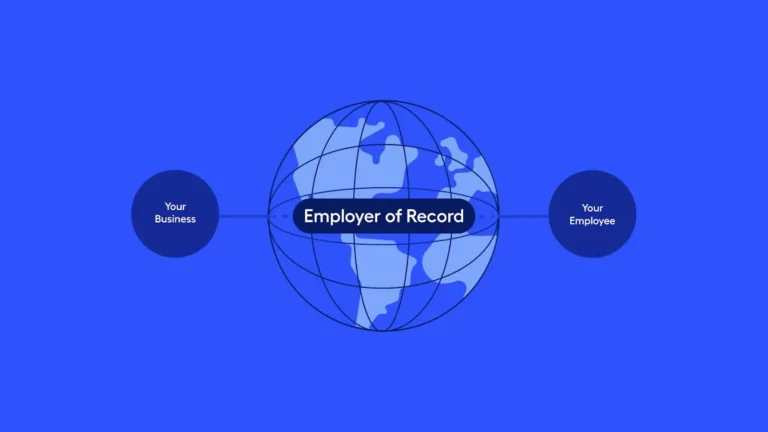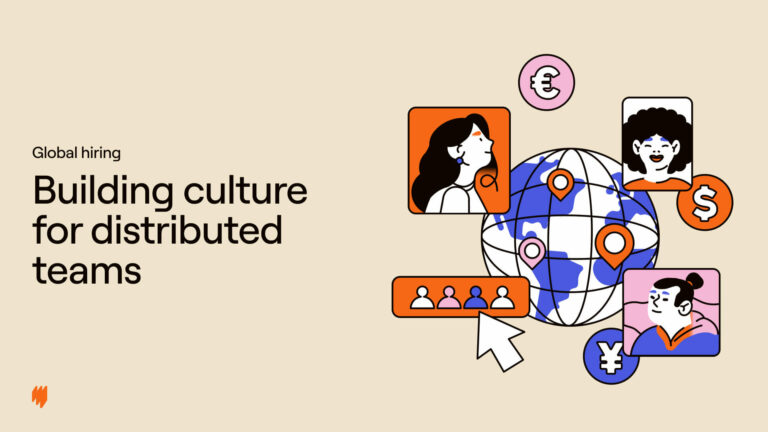Decentralized Payroll
What is Decentralized Payroll?
Decentralized payroll refers to a system where the payroll process is managed through a distributed network, typically using blockchain technology. This innovative approach to payroll management enables companies to automate and streamline payments, ensuring transparency and security without the need for traditional centralized financial intermediaries like banks.
Innovations and Technology
The core of decentralized payroll systems is often built on blockchain technology, which allows for secure, transparent, and immutable record-keeping. By automating payroll through smart contracts, companies can ensure timely and accurate payments that are directly linked to the terms agreed upon by employers and employees. These smart contracts execute automatically based on the input data, such as hours worked or milestones achieved, minimizing errors and delays.
Advantages of Decentralized Payroll
Decentralized payroll offers several key benefits. It reduces transaction costs and processing times, enhances security against fraud, and increases privacy for employees by reducing the number of intermediaries that handle sensitive data. Additionally, it provides greater flexibility for global organizations by facilitating easier cross-border payments without the need for currency conversion or the involvement of multiple banks.
Operational Challenges
While decentralized payroll systems present significant advantages, they also come with challenges. Technical complexities and the need for robust IT infrastructure can be barriers to implementation. Moreover, regulatory uncertainties around the use of blockchain and cryptocurrencies for payroll purposes may pose compliance risks. Businesses must also consider the digital literacy of their workforce and potentially invest in training to ensure all employees are comfortable with the new system.
Strategic Implementation
For successful implementation, companies should start with a pilot project within a small department or branch to iron out any issues before a full-scale rollout. Partnering with technology providers who have expertise in blockchain and decentralized systems can also facilitate a smoother transition. Regular reviews and updates to the system, in response to technological advancements and regulatory changes, will ensure the payroll process remains efficient and compliant.
Decentralized payroll represents a forward-thinking solution to traditional payroll challenges, offering efficiency and security benefits that are particularly valuable in an increasingly globalized workforce. As technology evolves and regulatory frameworks adapt, decentralized payroll systems may become a new standard for businesses seeking operational excellence.
Employer of Record Platform
Build your global team in 150+ countries with our best-in-class EOR




